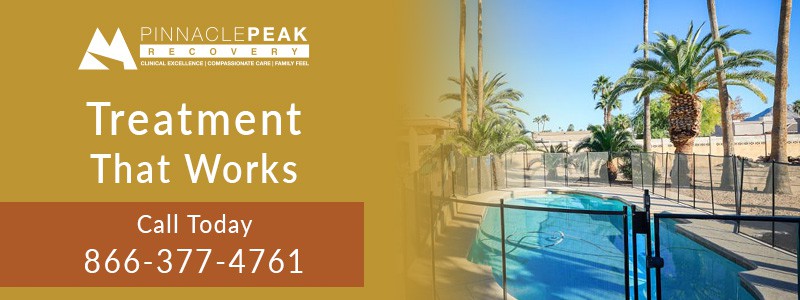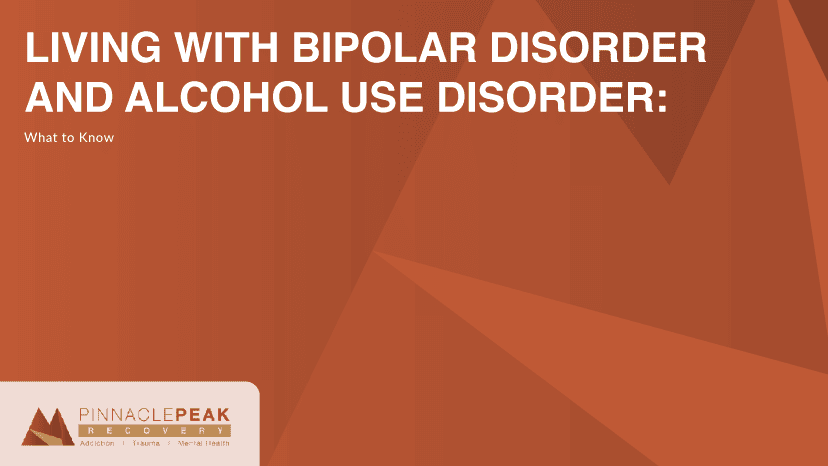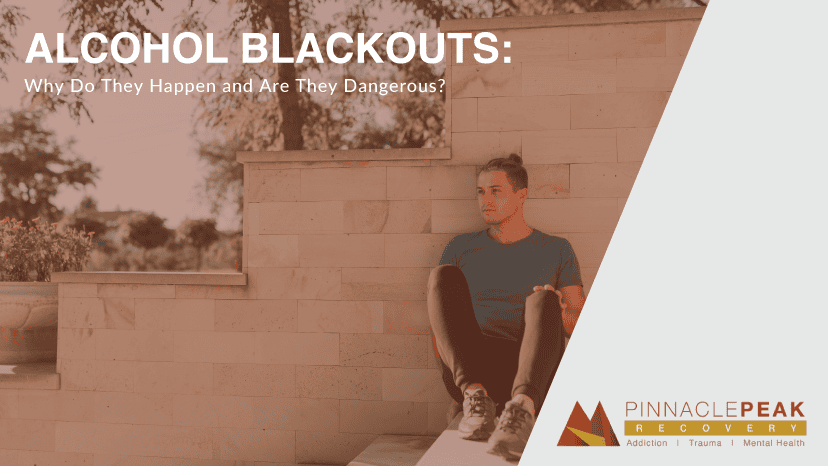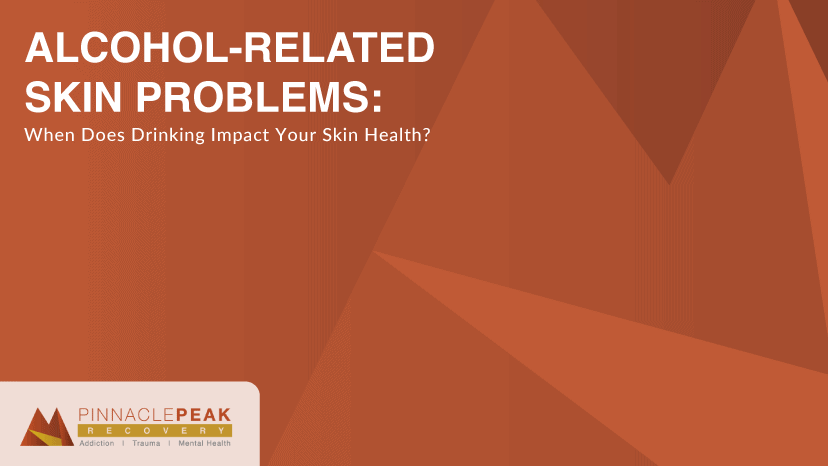Underage Drinking
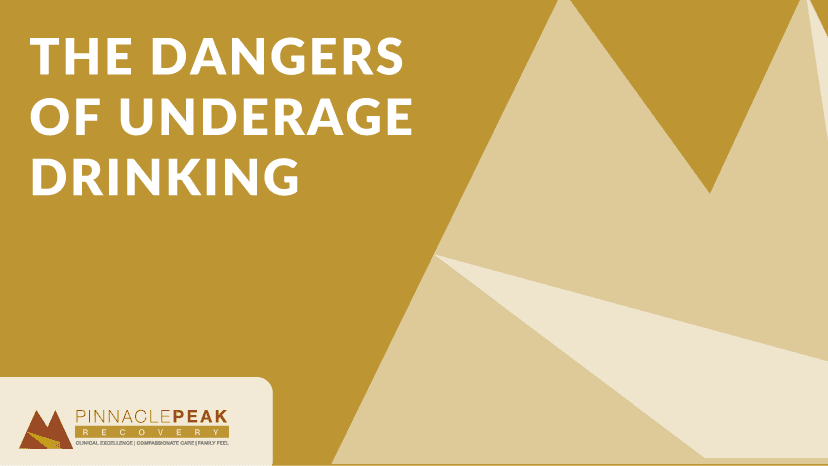
As a parent, you always worry about the well-being of your children. That never changes, even as they enter adulthood.
When they’re teenagers, there’s typically more cause for concern. Remember those years? They were filled with opportunities to drink, smoke, or participate in other dangerous activities and make decisions teenagers just aren’t prepared to make.
Perhaps the most popular, and dangerous activity is teen alcohol use, mainly because alcohol is so accessible and popular for them. It’s readily available at parties, possibly in your kitchen, and even at bars if they’ve purchased a fake ID.
As you know, underage drinking is a big problem here in the United States. In fact, 20.2% of Arizona youth reported drinking in the past 30 days, according to a 2018 report.
Unfortunately, too many of our children here in the U.S. have fallen victim to alcohol’s dangerous influence, with many being seriously injured or worse as a result of it.
Despite the wide accessibility of alcohol, parents can take certain steps to prevent their child from falling into the grasp of alcohol.
Let’s take a look at the danger of underage drinking, why it occurs, and what you can do about it.
What Is Underage Drinking?
Underage drinking in the United States occurs when someone younger than 21 years of age consumes alcohol.
According to the Centers for Disease Control and Prevention (CDC), “Underage drinking is a significant public health problem in the U.S. Excessive drinking is responsible for more than 3,500 deaths and 210,000 years of potential life lost among people under age 21 each year.”
The CDC says alcohol is the most commonly used substance among young people. According to a 2019 report, in the past 30 days, 29% of high school students drank alcohol, 14% binge drank, 5% drove after drinking, and 17% rode with a person who had been drinking.
Those who drink before turning 21 may experience:
- Problems at school, such as issues with attendance or academic performance
- Legal problems, such as arrests for drinking and driving or harming someone
- Physical problems, such as hangovers or illnesses caused by alcohol consumption
- Social problems, such as fighting or strained friendships
- Physical or sexual violence
- Vehicle crashes as a result of drinking
- Problems with memory
- Misuse of other substances
- Problems with sexual development
- Problems with growth
- Unplanned or unwanted sexual activity
- Unplanned pregnancies
- Changes in brain development
- Alcohol poisoning
- Increased risk of alcohol use disorder
The CDC lists a few ways to prevent underage drinking, such as:
- Increasing alcohol taxes
- Regulating the number of alcohol outlets
- Enforcing laws that prohibit alcohol sales to minors
What Can Parents Do?
As parents, you want the best for your children. You want them to remain safe and on a path to success. Ideally, that involves staying away from the dangers alcohol poses.
According to the National Institutes of Health (NIH), “Research shows . . . that teens and young adults do believe their parents should have a say in whether they drink alcohol. Parenting styles are important — teens raised with a combination of encouragement, warmth, and appropriate discipline are more likely to respect their parents’ boundaries. Understanding parental influence on children through conscious and unconscious efforts, as well as when and how to talk with children about alcohol, can help parents have more influence than they might think on a child’s alcohol use. Parents can play an important role in helping their children develop healthy attitudes toward drinking while minimizing its risk.”
One of the biggest things you can do as a parent is if you decide to drink, always make sure you’re drinking in moderation.
Parents can also:
- Have discussions about your concerns and theirs about alcohol. Young people who understand their parents’ opinions about underage drinking are more likely to follow their guidance.
- Remain consistent and establish rules about drinking early on. If your child feels that your point is legitimate, the more likely they are to stay away from alcohol.
- Stay up to date on your state’s alcohol laws.
- Never provide alcohol to underage individuals under any circumstances.
- Work with other parents to stay informed about where children are gathering and what they’re doing.
- Work within the community to promote the dangers of underage drinking.
The NIH adds, “Children and adolescents often feel competing urges to comply with and resist parental influences. During childhood, the balance usually tilts toward compliance, but during adolescence, the balance often shifts toward resistance as teens prepare for the autonomy of adulthood. With open, respectful communication and explanations of boundaries and expectations, parents can continue to influence their children’s decisions well into adolescence and beyond. This is especially important in young people’s decisions regarding whether and how to drink—decisions that can have lifelong consequences.”
How to Say ‘No’ to Alcohol
Teaching your child to say “no” to alcohol or avoid situations involving alcohol altogether can be extremely beneficial.
One of the easiest ways to maintain a healthy distance from alcohol is to plan ahead and stay in control, according to the NIH. Being aware of the two types of pressure involving alcohol can help avoid these unnecessary situations. The two types of pressure include direct social pressure and indirect social pressure.
Direct social pressure occurs when someone offers you a drink or the chance to drink. Indirect social pressure occurs when you feel tempted to drink just by being around someone else who is drinking. If your child knows they could potentially find themselves in either of these situations, it’s probably best to avoid the gathering altogether. Essentially, it’s always best to avoid potential pressures when possible.
Here are some other tips:
- When telling someone “no,” do not hesitate
- Keep responses short, clear, and to the point
- Look directly at the person and make eye contact
- Plan any responses
- Ask for support from others that do not drink
- Plan an “escape route” to get out of the situation if needed
- Ask others to not pressure you to drink beforehand
Always make sure your child understands that they cannot be forced to drink, and teach them to refrain from caring about the opinions of others. After all, it is their life and no one else’s.
Here’s How Alcohol Can Affect Your Health
Drinking too much can have negative impacts on your health. While not everyone who drinks will have these issues, there’s always that chance.
Long-term effects may include:
- Heart disease
- High blood pressure
- Stroke
- Liver disease
- Cancer of the throat, breast, liver, colon, voice box, or esophagus
- Weakened immune system
- Problems learning
- Mental health disorders
- Problems with family or friends
- Alcohol dependence
Some people shouldn’t drink at all due to the risks associated with alcohol, including:
- People planning to drive
- Those engaging in activities that require attention and coordination
- People younger than 21
- Those with certain medical conditions
- Those taking certain medications
- Those recovering from alcohol use disorder
All in all, if you avoid drinking too much, you can lower the health risks associated with alcohol. Do not let someone pressure you into drinking, and remember, if you think you have a problem, ask for help.
Identifying Alcohol Poisoning
Alcohol poisoning is a medical emergency. If someone is showing signs of alcohol poisoning, call 911 immediately.
Alcohol poisoning, otherwise known as alcohol overdose, is common among young people.
According to the NIH, “An alcohol overdose occurs when there is so much alcohol in the bloodstream that areas of the brain controlling basic life-support functions—such as breathing, heart rate, and temperature control — begin to shut down. . . . Alcohol overdose can lead to permanent brain damage or death.”
Signs of alcohol poisoning, or alcohol overdose, include:
- Confusion
- Slowed heart rate
- Slowed breathing
- Problems remaining conscious (passing out)
- Vomiting
- Seizures
- Inability to wake up
- Clammy skin
- Dulled responses such as no gag reflex (which prevents choking)
- Low body temperature
- Blue skin
- Paleness
By calling 911, emergency personnel can address the situation in a proper manner. Remember, alcohol poisoning is serious and should not be taken lightly. The best way to avoid alcohol poisoning is by refraining from drinking altogether.
What Is Alcohol Use Disorder?
Right now, around 18 million Americans in the United States have alcohol use disorder (AUD). The NLM says, “This (AUD) means that their drinking causes distress and harm. AUD can range from mild to severe, depending on the symptoms. Severe AUD is sometimes called alcoholism or alcohol dependence.”
Signs of AUD include, but are not limited to:
- Spending lots of time recovering from drinking
- Wanting to stop drinking but being unable to
- You continue drinking despite the problems it’s causing you with family and friends
- Not participating in activities you once enjoyed because of alcohol
- Drinking more than you intended
- Drinking longer than you intended
- Finding yourself in dangerous situations because of alcohol
- Feeling strong cravings to drink
- Drinking is causing problems with your work life
- Drinking despite feeling depressed or anxious
- Needing to drink more to feel the effects of alcohol
- Experiencing withdrawal symptoms when you stop drinking
- Negative emotional state — feeling anxious and irritable when you are not drinking
The more symptoms you’re having, the more severe your AUD may be.
Overcoming Alcohol Use Disorder
If your child is struggling with alcohol use disorder, they can learn how to manage it. In fact, the earlier they learn to manage it, the better.
There comes a time when we all need someone to help us. There is no shame in asking for help. There is no shame in admitting that you or a loved one has a problem. There is no shame in seeking treatment to help take your life back.
Just like your child would find a tutor to help them learn how to solve a problem at school, they can learn how to manage their addiction.
Help your child take the first step on the road to recovery today.
Call Pinnacle Peak Recovery Today
Pinnacle Peak Recovery’s rehab for alcoholism program, located in Scottsdale, Arizona, typically begins with alcohol detox that lasts around 10 days to provide you with the safest and most comfortable withdrawal experience possible.
You will then receive personalized treatment tailored to your unique needs. We have effective programs led by experienced professionals to help you learn new life skills that will benefit you on the road to recovery. You’ll also learn what contributes to your alcohol use disorder and how to manage it.
Last, but certainly not least, you will be taught the coping skills you need to relapse prevention in alcohol dependence and live a sober life.
At Pinnacle Peak Recovery, our passionate team of care providers uses cutting-edge treatment methods and therapies. Call us today at (866) 377-4761.
Frequently Asked Questions
What happens if a minor is caught drinking?
Minors can face serious consequences if they’re caught drinking, specifically with the law. In some cases, they can spend time in jail, face fines, or have their driver’s license suspended.
Can minors go to jail for drinking?
Minors can indeed go to jail for drinking. Most of the time, the person caught drinking can face up to 60 days in jail.
Can you drink alcohol at 14 years old?
By law, you are not allowed to drink alcohol in the United States if you’re under the age of 21.
Can a 15-year-old drink alcohol at home?
Just because you’re at home doesn’t make it legal or OK to drink. Drinking can cause serious issues for those under the age of 21. It can lead to physical and mental development problems and even lead to problems with the law.

